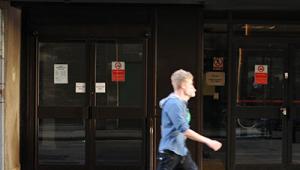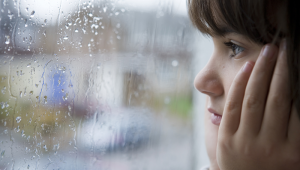The annual welfare reform report, produced by the Scottish Government, said that changes to social security introduced since 2010 would result in a reduction of £3.7bn in spending by 2020-21.
The policies with the greatest financial impact on Scotland were the freeze on benefits, accounting for £370m, the reduction in universal credit work allowances, at £236m, and the introduction of the two-child limit, at £92m.
Reductions in the generosity of social security would make it more difficult for the Scottish Government to meet its ambitious child poverty targets, the report warned.
It also found that universal credit claimants were over six times as likely to be sanctioned as claimants of any other legacy benefit, with those sanctioned likeliest to be young unemployed people without the financial resilience to withstand reductions in their income.
Scottish Government social security secretary Shirley-Anne Somerville called for the UK government to use this month’s autumn Budget to announce an end to the benefits freeze, which has been in place since 2016.
She said she would be sending the Department for Work and Pensions a copy of the report, which represented “damning evidence” against the department’s programme of welfare cuts.
“These cruel cuts are forcing more people into poverty at the very time the Scottish Government is focused on getting children and families out of poverty,” she said.
“More and more families are finding it hard to make ends meet as prices of essentials go up and the levels of their income and benefits go down. The increased reliance on food banks is a damning indictment.”
Peter Kelly, director of the Poverty Alliance, also backed an end to the benefits freeze.
“The cost of living hasn’t been frozen, so it’s right that social security payments should keep up with those costs,” he said.
“Scotland is a compassionate country where we all believe everyone should have a decent standard of living.
“The help that people receive through social security is important in helping to make that happen.
“This report shows that more needs to be done.”
A UK government spokesperson said that since 2010 over 3.3 million more people were in work across the UK, and the proportion of people in Scotland living in absolute poverty was at a record low, including for children.
“We continue to spend around £90bn a year supporting people who need it, including those who are out of work or on a low income, and with our welfare reforms people are moving into employment faster and staying there longer than under the old system,” he said.
He added that the Scottish Government now had significant welfare powers, including the ability to top up existing benefits, make discretionary payments and create new benefits.











